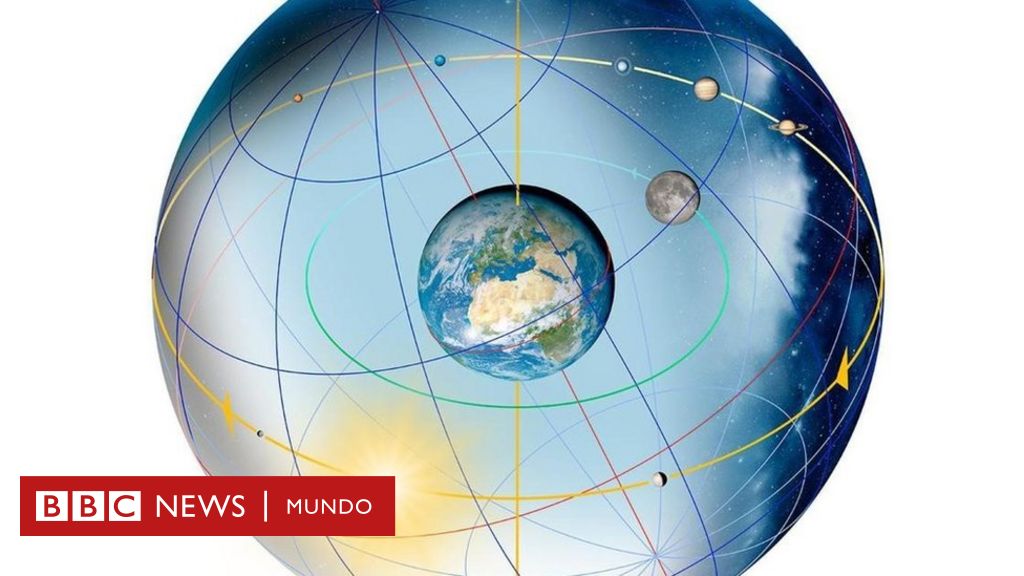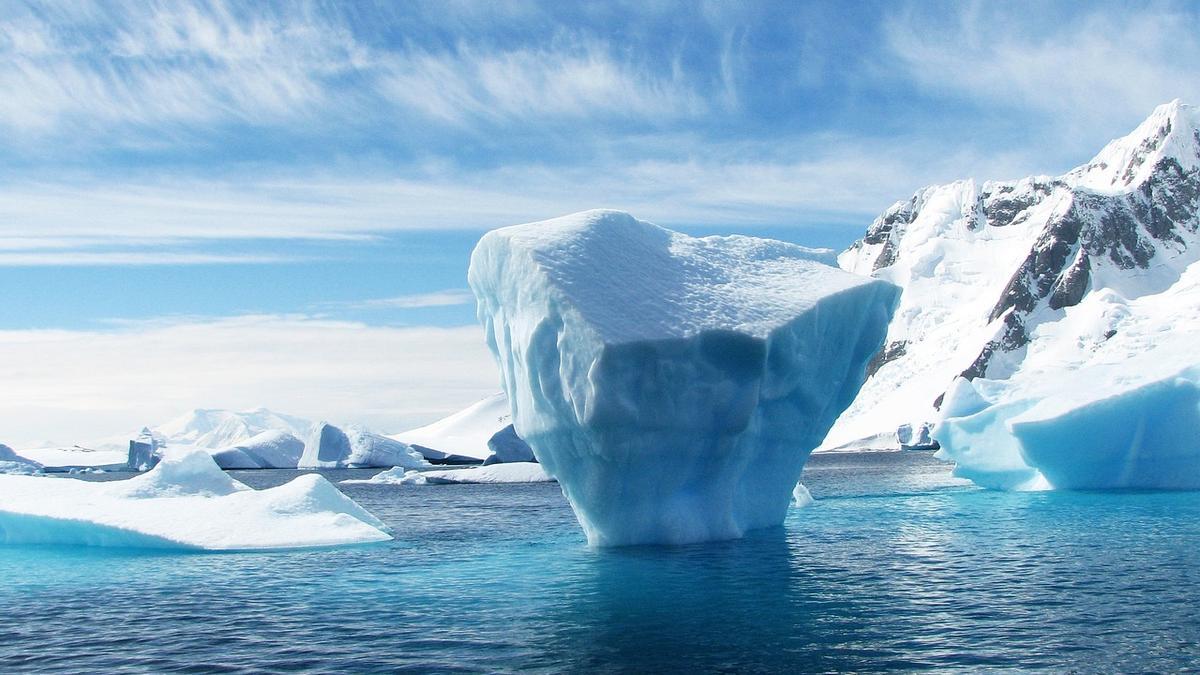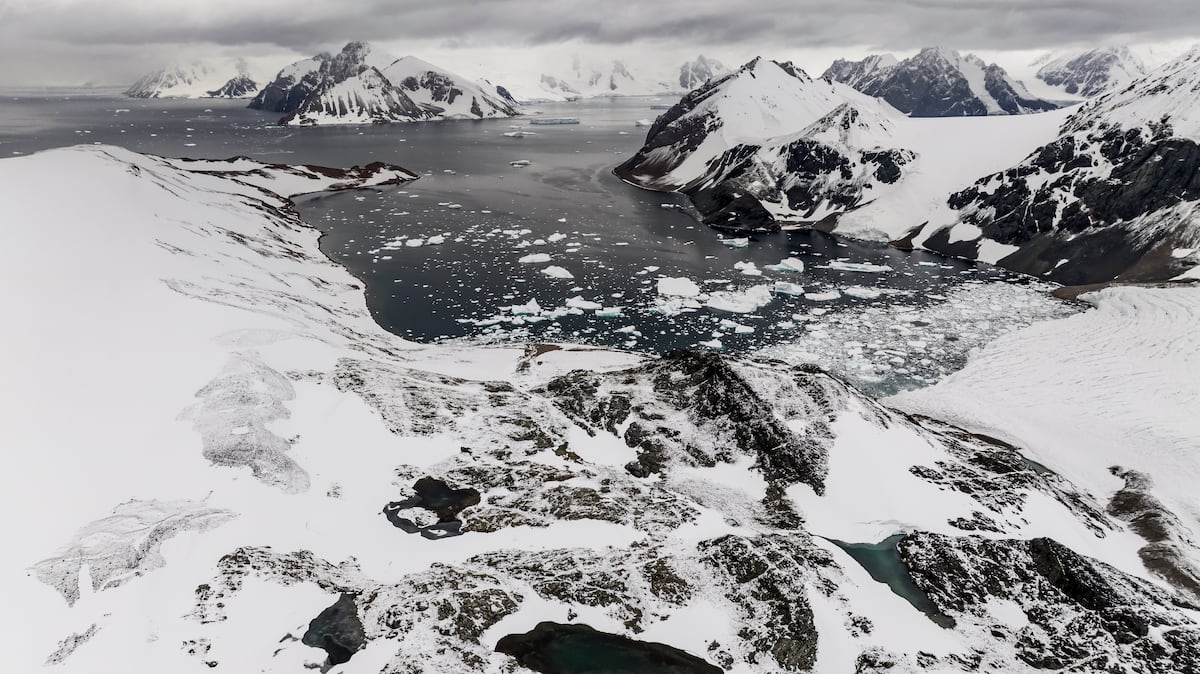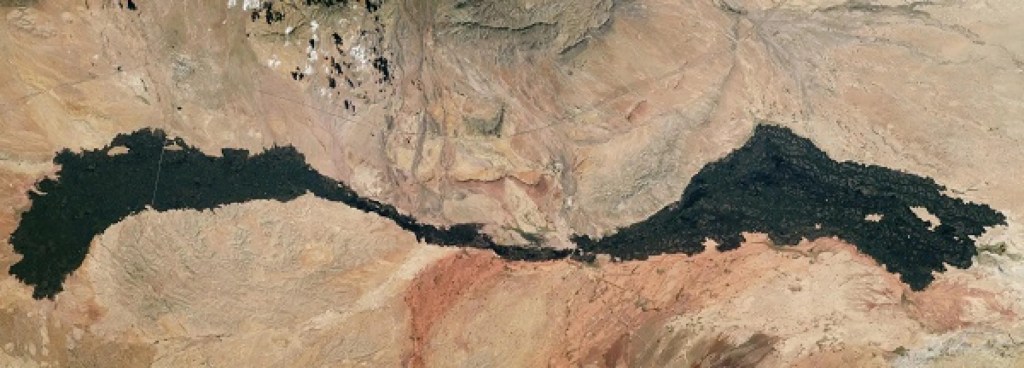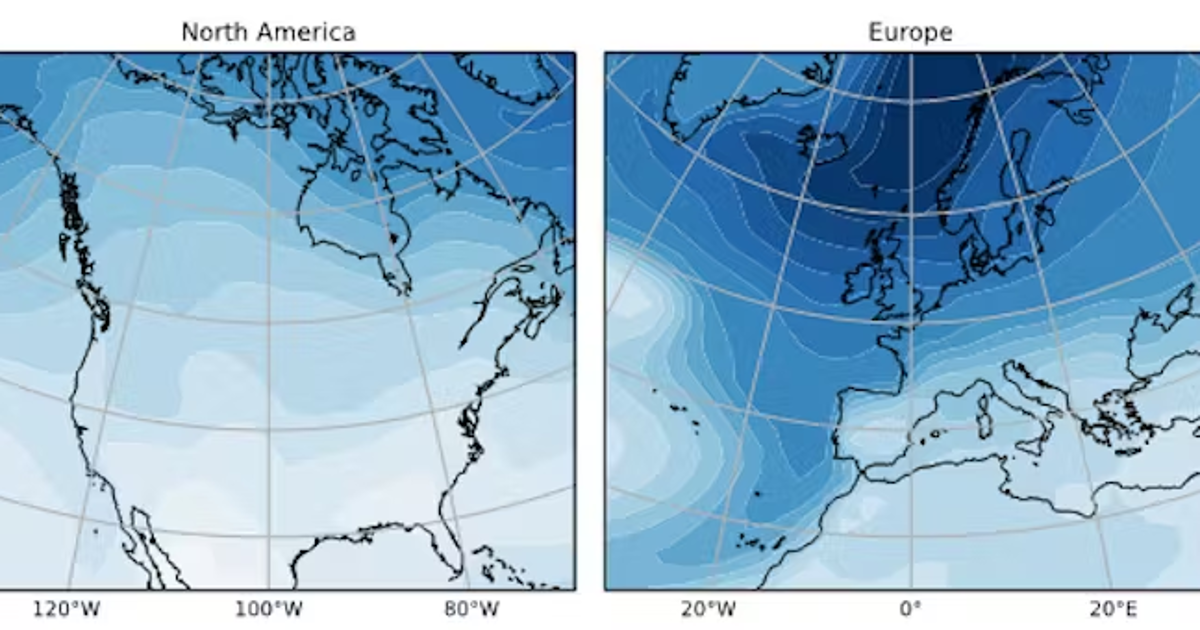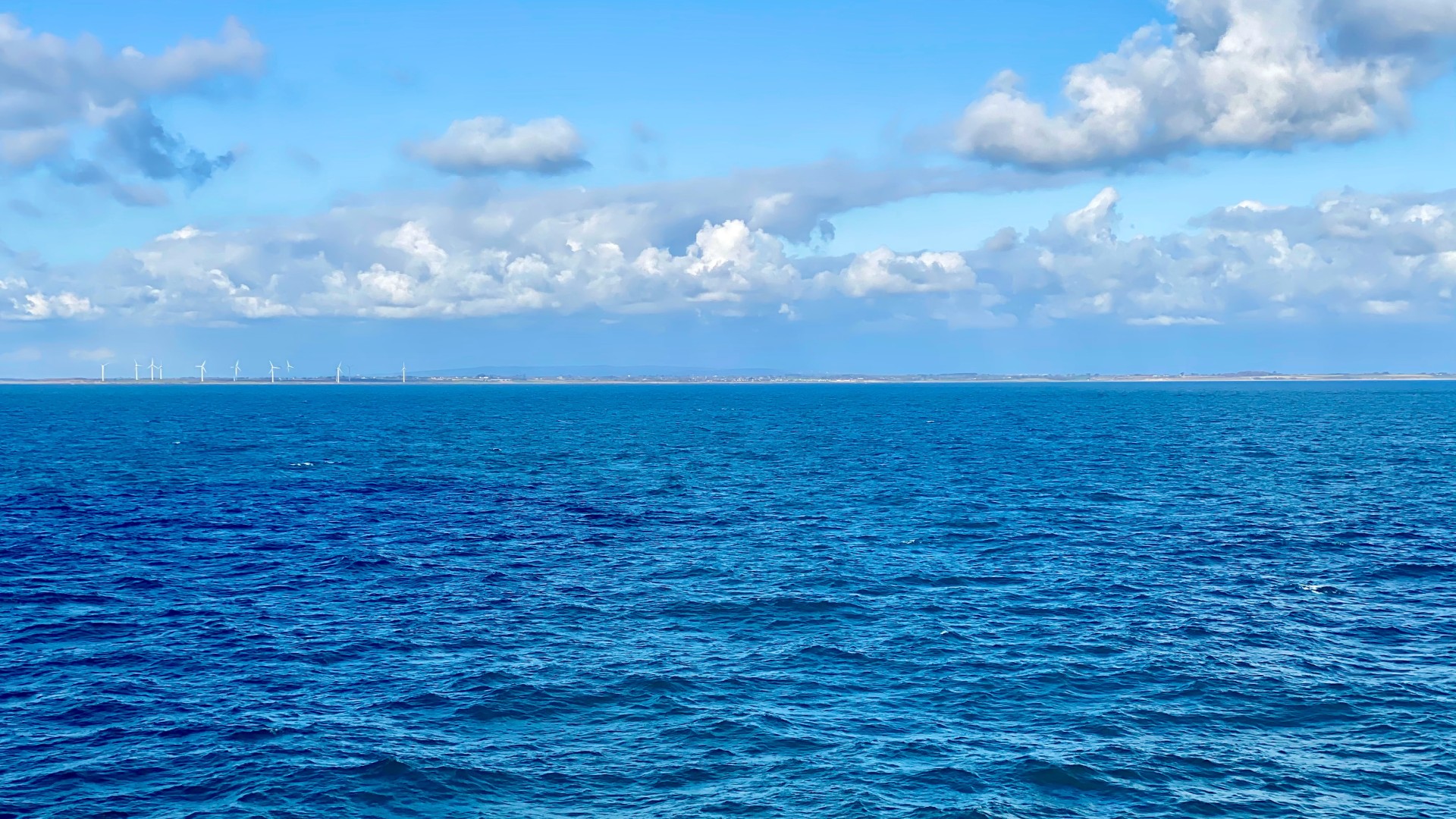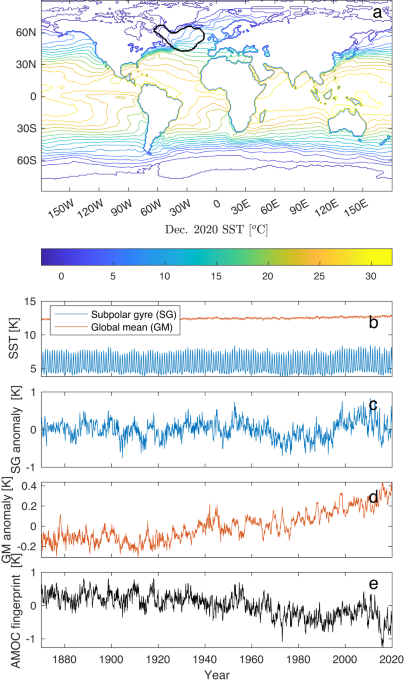Still happening. A few mornings ago we were -30 f. on the front porch mercury and glass thermometer, and then the last day and a half we've had what even NOAA often refers to as 'frizzle', which is misting rain or slightly larger drops sometimes, occurring even when the air temps are well below freezing temps, often/sometimes between anywhere from 0 f to +25 f, encasing the vehicles in stippled tiny ice crystals and sometimes making driving a motherfucker by glazing the roads.I think that tracks with what I(and many others) are seeing, more extremes
warmer but nature won't give you a free ride, warm snap/cold snap and less moderate temps
not to mention extreme precipitation events, or lack thereof, northeast is getting into drought heading into December - wtf?
And not relative to what I once assumed, which was warmer upper atmosphere. More of some weird chemistry at play.
We've seen 80- and 90-degree temperature shifts in as little as 24 hours years ago, when we might bounce from a period of minus 50 f. (-50 f) and get a Chinook wind from the southern coast up over the Alaska Range, and bounce us up to over +30 f. in very short order, at which point we'd be acclimated to the preceding cold and put on t-shirts and be outside grilling and shit.
But this more recent stuff is a lot like this last summer, an unpredictable rollercoaster ride.


